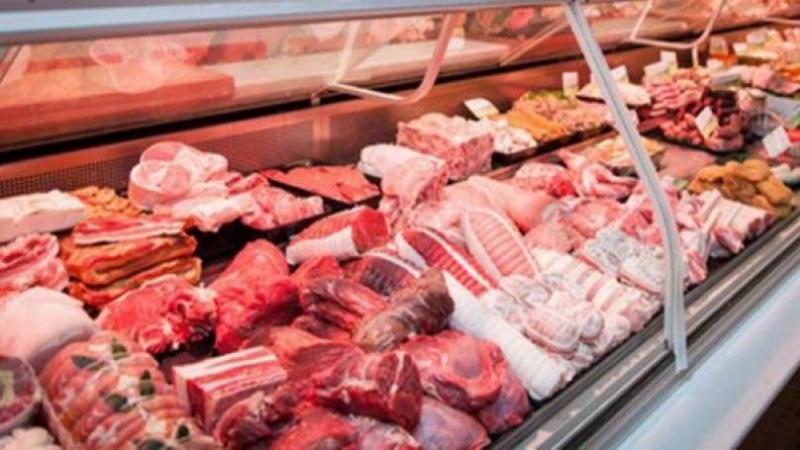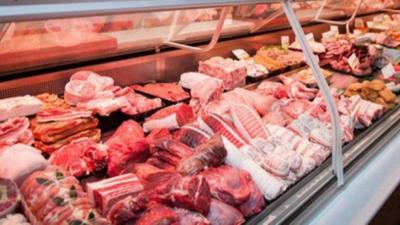A wave of anxiety has arisen from news circulating about low-quality Indian meat entering the Lebanese markets in large quantities without undergoing laboratory tests or meeting health specifications. Live meat importers have warned consumers against consuming raw meat sold by chilled and frozen meat importers, as they do not disclose its origin, which poses a risk to their health.
The responsibility in this case falls on three ministries: the Ministry of Agriculture is tasked with subjecting imported meats to laboratory tests regardless of their source and determining their validity before they enter the markets. The Ministry of Health is responsible for monitoring meat in the markets with the assistance of health inspectors in municipalities. The Ministry of Economy's role is limited to compelling butchers and large stores to disclose the source of the meat, addressing complaints, and regulating prices; however, the ministry's ability to inspect all butcher shops remains limited.
Notably, officials from all three ministries confirmed that all imported meats are subject to laboratory tests before being sold to the final consumer and that they have received no complaints or warnings concerning the sale of poor-quality Indian meat. Thus, it appears that the issue is competitive and stems from a trade war following a significant decline in the import of live and chilled meats, coinciding with an increase in the import of cheaper frozen meats. "The percentage of live and chilled meat imports has decreased by 40% compared to frozen, with imports of frozen meat for the first time in Lebanon's history being double that of chilled meat," as revealed by Elias Ibrahim, Director of Animal Wealth at the Ministry of Agriculture.
In detail, Gabby Dakmerjian, the head of the meat importers, stated through "Al-Markazia" that "these reports are part of a targeted campaign against us by livestock traders, knowing that some of them have started importing meat from India." He clarified that "all frozen meat cannot be eaten raw regardless of its source, unlike freshly slaughtered meat."
He affirms that "this whole matter is a commercial war and envy from some traders because sales of frozen meats are greater than live and chilled meats, which have seen a decline in imports. Lebanon imports meat from several countries, but Indian meat remains the cheapest.” Dakmerjian emphasized that "all imported meats are subject to monitoring and laboratory testing regardless of their origin, whether Indian, Brazilian, Australian, Colombian, or Argentinian... and only after receiving results in compliance with health standards are the goods sold in the markets." He denied claims that traders in Lebanon and sales centers do not disclose the source of the meat they sell or that any meat enters Lebanon without undergoing tests.
Regarding whether these reports have affected frozen meat sales, Dakmerjian indicated that "they have not negatively impacted sales; however, the tough economic situation, decreased purchasing power, and rising poverty rates have led to a decline in demand, with consumption dropping by 50%." He noted that "the expectations and data about a promising summer season give us hope for improved sales."




